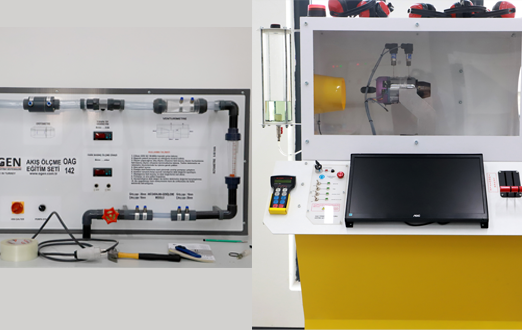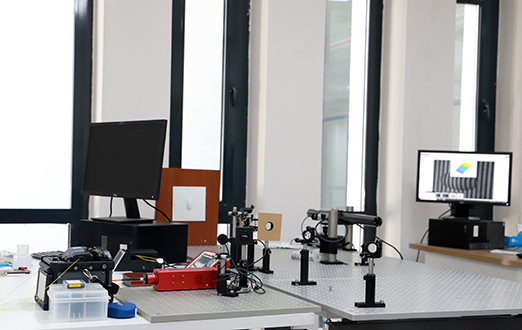Chemical Engineering Laboratory I
Chemical Engineering Laboratory I is equipped with infrastructure for polymer technology, lithium ion battery production, battery test station, surface studies and surface thermodynamics. In our laboratory, cathode active materials for Li-ion batteries and supercapacitors are synthesized and developed, and electrochemical performance tests of Li-ion batteries at different temperatures are carried out with the developed cathode active materials.
In addition, within the scope of our studies, material development for superhydrophobic surfaces, after the production of these surfaces, water repulsion properties are evaluated by contact angle measurement device. After the production of sufficient materials in this field, the materials are used in the maritime, automotive, aerospace industry and many other places.
The following devices are available in Chemical Engineering Laboratory I:
• Glove Box
• Li-ion Coin Cell Crimper
• Disc Cutter
• Battery test system (8-channel, 0.1 mA)
• Battery test system (8-channel, 12 A)
• Magnetic stirrer with heater
• Rotary evaporator
• Contact angle measuring device
• Oven
• Ultraviolet lamp
.JPG)
.JPG)
.png)
.png)
.png)
.png)
.png)
.png)
.png)


.png)
.png)
